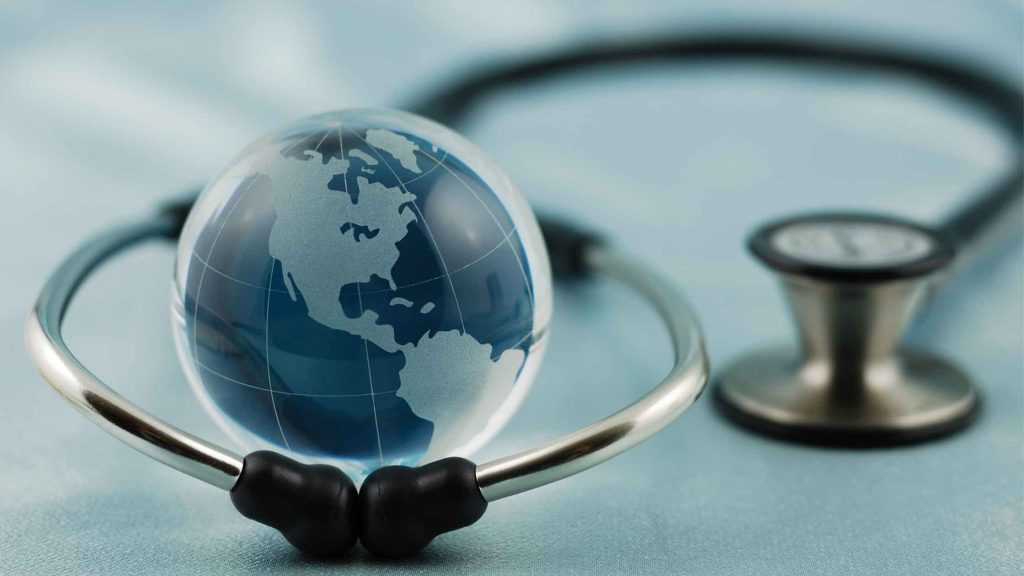Healthtech is making significant strides in Africa, addressing critical healthcare gaps with innovative solutions.
Here are some key areas where healthtech is making an impact:
1. Telemedicine
Telemedicine platforms are bridging the gap between patients and healthcare providers, especially in remote and underserved areas. These platforms enable consultations, diagnosis, and treatment recommendations via phone or internet, reducing the need for physical travel.
2. Mobile Health (mHealth)
Mobile health applications provide health information, reminders for medication adherence, and access to health services. mHealth solutions are particularly effective in rural areas where access to healthcare facilities is limited.
3. Digital Health Records
Electronic Health Records (EHR) systems streamline the management of patient data, making it easier for healthcare providers to access patient history and improve the quality of care. These systems also facilitate better coordination between different healthcare providers.
4. Diagnostic Tools
Innovative diagnostic tools, such as portable ultrasound devices and rapid diagnostic tests, are improving the accuracy and speed of disease detection. These tools are crucial in areas with limited access to traditional diagnostic facilities.
5. Health Education
Technology is being used to educate communities about health issues, preventive measures, and healthy lifestyles. Health education apps and platforms help spread awareness and empower individuals to take control of their health.
6. Supply Chain Management
Healthtech solutions are optimizing the supply chain for medical supplies and medications. This ensures that essential drugs and medical equipment are available where and when they are needed, reducing stockouts and improving patient care.
7. Data Analytics
Big data and analytics are being used to track disease outbreaks, monitor health trends, and inform public health interventions. This data-driven approach enhances the ability to respond to health crises and plan effective health policies.
8. Wearable Technology
Wearable devices, such as fitness trackers and smartwatches, monitor vital signs and health metrics. These devices can alert users to potential health issues and encourage healthier lifestyles through real-time feedback.
9. Artificial Intelligence (AI)
AI-powered solutions are being used for predictive analytics, personalized medicine, and improving diagnostic accuracy. AI can analyze large datasets to identify patterns and suggest treatments, enhancing the decision-making process for healthcare providers.
Challenges and Opportunities
Despite the progress, there are challenges to the widespread adoption of healthtech in Africa, including:
- Infrastructure: Limited internet connectivity and electricity supply in some areas.
- Cost: High costs of advanced technology and devices.
- Training: Need for training healthcare professionals to use new technologies.
- Regulation: Establishing regulatory frameworks to ensure the safety and efficacy of healthtech solutions.
Healthtech is transforming healthcare in Africa by providing innovative solutions to longstanding challenges. Continued investment in technology, infrastructure, and training, along with supportive regulatory policies, will be crucial in realizing the full potential of healthtech in improving health outcomes across the continent.
Read more on Tech Gist Africa:
How African Startups Are Leveraging Accelerator Programs
The Rise of African Tech Communities
Solving Local Challenges: Startups Addressing Africa’s Unique Problems
